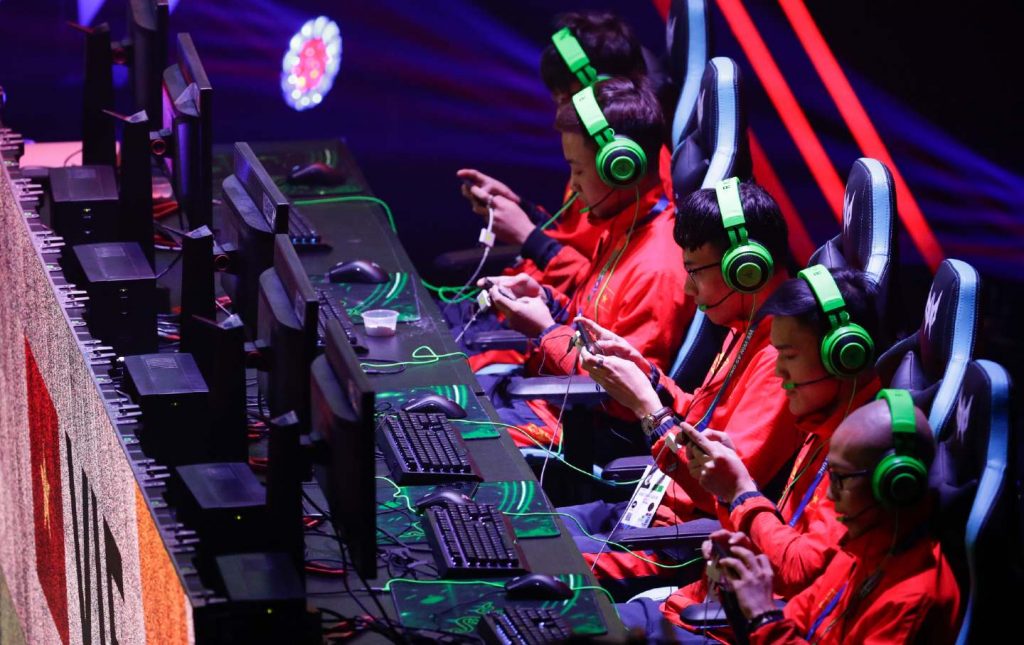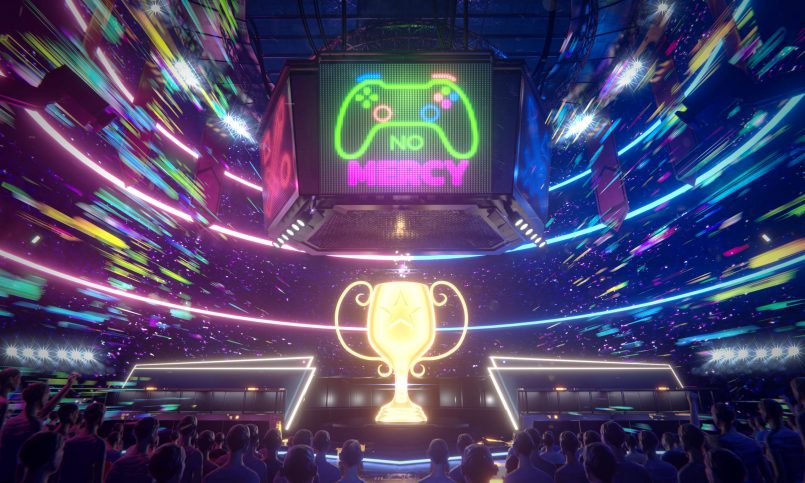In recent years, esports and games have become mainstream, moving from a dynamic niche to a central entertainment worldwide, and ticket sales are shifting from arena to the Internet. Esports may once represent a subset of sports culture, but it has become an industry in its own right. The esports pop culture has helped spur investment in esports and explosive revenue growth. Esports has reached this stratosphere largely due to the live stream and social components of the game. It is also difficult to predict the history of the NBA, for example, into esports because of certain industry characteristics and dynamics. First, esports players are younger than sports athletes and so far tend to peak between the ages less than 25. Second, publishers own esports games.
These are possible model level differences. Dedicated video game streaming and betting platforms provide fans with direct connections with players and teams, and more traditional social networks have thrived on those connections. As a result, esports has grown from the roots of arcade games to today’s complex digital ecosystem. In this report, Insider Intelligence provides complete insights into the main players involved in the field. This report provides an industry overview to clarify how many of the moving parts of the esports ecosystem are combined. It also analyzes the cash flow in the system.
Certainly, the player is like a rock star. Esports skeptics will argue that the value of the team and the industry itself may experience a bubble. As some observers have pointed out, those who report their success will benefit. And like any other startup, huge investments drive PR, raise reputation, attract more investment, and keep the whole game running. And, as always, this cycle continues until the music stops. At this point, the investor may be looking for a chair to sit on.

The concept of esports leagues: Making the industry bigger
The concept of esports leagues has been debated for several years. As for professional sports, as the industry matures, individual players and teams become famous, and their social and economic influence increases. Therefore, we need to create a kind of collective bargaining unit. The size and capacity of this system depend on the behavior of the entire industry. If esports doesn’t work, so will the gamers association.
The problem is different but the players are certainly willing to negotiate equally with teams, sponsors, and other stakeholders. Let’s say you have a cake to split in half, the result is a combination. Esports is fast becoming a star, and with the product, approval reputation has always been a great fulcrum for every political movement and program. Social equity activists of all kinds may be leaving the beginning to make an impact on esports. It is really interesting to see what will happen and what are the effects on the child group of gaming. The industry is affected by politics also. For example, Pubg was banned in India due to tension between India and China. One of the issues of the industry is data protection also.




